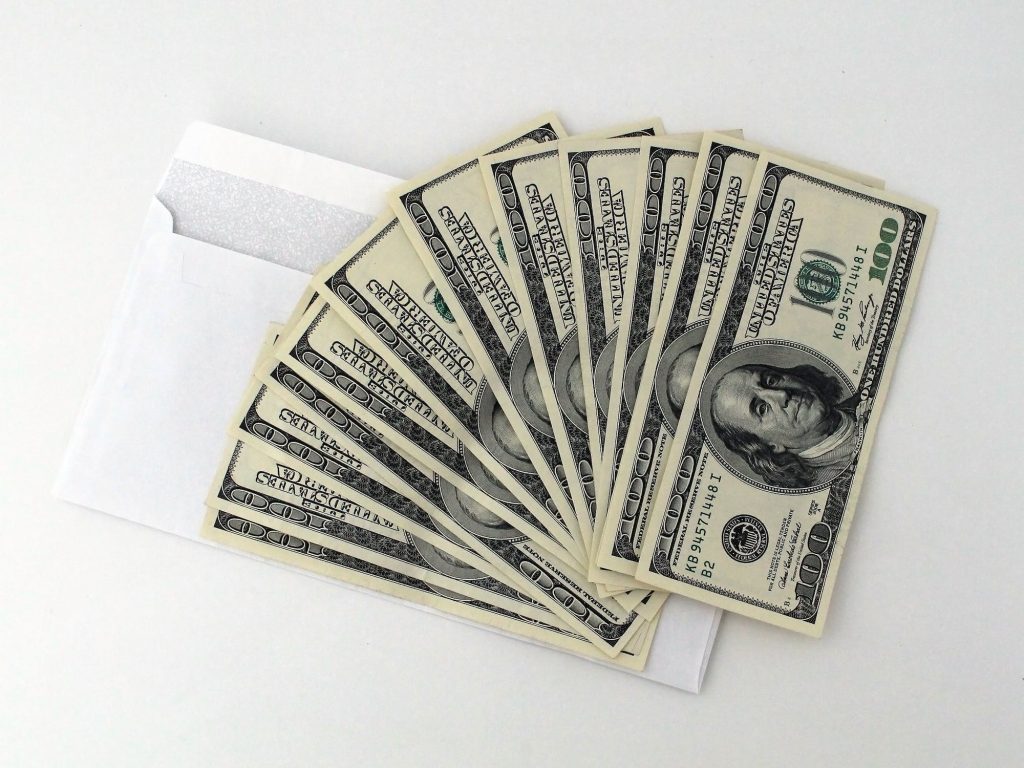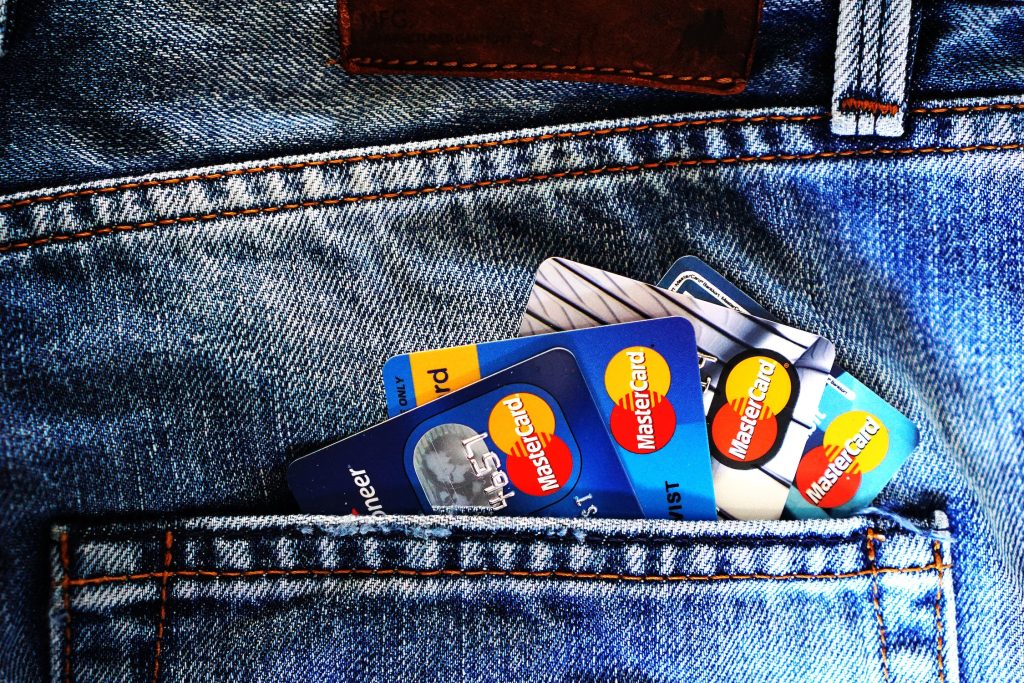Maintaining a good credit score is vital to achieving financial success. The first step to manage your credit report is recognizing the effects of closed accounts.
This article will cover the impact of closed accounts on your credit score, and when you should erase them from your credit reports and offer suggestions on how to proceed.
How Closed Accounts Affect Your Credit
Positive Closed Accounts
A closed account that has positive record of payments and no marks could actually improve your credit score. The reason is that having a credit card in good standing adds to your credit history’s length, which is a important element in the calculation of credit scores.
Negative Closed Accounts
Closed accounts that have late payment, collections or charge-offs could have a negative effect on your credit score. Negative payment history and collections accounts are red flags to prospective lenders and make it difficult to get credit with favorable rates.
Impact on Credit Utilization
Credit utilization which is the quantity of credit you’re using in comparison to your available credit, is an additional factor when it comes to the calculation of credit scores. Closed accounts with no balance could lower the rate of credit utilization which can positively affect the credit score.

When to Remove a Closed Account From Your Credit Report
Account Standing
When you’re considering the removal of an account that is closed on your credit report it is essential to consider the status of the account, whether it has an positive or negative past. It’s the most crucial aspect to consider when deciding if the deletion will prove beneficial or negative for your credit score.
Consequences of Removing Positive Closed Accounts
The removal of a negative closed credit account from your credit file isn’t the best option for you. Positive closed accounts add to your credit history which is a crucial element in the calculation of the credit score. When you remove a positive credit account, you could accidentally cut down your credit history which results in lower credit scores.
Furthermore, closed accounts that are positive can be a part of a diverse credit profile showing the capacity to handle different kinds of credit responsibly. If you decide to close a positive credit account, like the auto loan or a student loan, can reduce your credit score and negatively affect your credit score.
Before you attempt to remove the account that was closed off your credit report, take the time to consider the impact it could have on your credit score, credit mix and your credit score overall. It is always best to allow positive accounts to remain on your credit report in order to display your credit history as a responsible one to prospective lenders.
Benefits of Removing Negative Closed Accounts
In contrast, getting rid of any closed credit accounts with negative marks from your report may be beneficial. Closed accounts that are negative that have collections, late payments or charge-offs, may negatively impact your credit score. The removal of a negative account can boost your credit score, which makes it easier to get credit on favorable rates.
However it’s important to keep in mind that closing a negative account won’t guarantee immediate improvement on your credit score. In some instances the removal of a previous negative account may provide more recent information about your credit which could have a bigger effect on your credit score.
When deciding if you want to get rid of the account that is closed for negative reasons take into consideration the potential benefits against possible negatives. If your account is set to be removed from your credit report soon, or its impact has diminished as time passes, it could be better to concentrate on developing positive credit habits to boost your score on credit.

How long does a closed account remain on my credit report?
Positive Closed Accounts
Positively closed accounts can stay on your credit report for a period of up to 10 years after the day of closure, which helps build credit history. However in the event that the account has been closed for a number of years, and you also have several open accounts, getting rid of it might not have a major impact on your credit score.
Negative Closed Accounts
Negatively closed accounts typically remain on your credit file for a period of up to seven years after the date of the initial missed payment. The time frame may differ based on the kind of account you have and any applicable laws of the state.

How to Remove a Closed Account From Your Credit Report
Review Your Credit Report
To get started, obtain a free credit report from each of the three major credit bureaus (Equifax, Experian, and TransUnion) through the Federal Trade Commission-approved website, AnnualCreditReport.com. Check your credit reports carefully to spot any errors or contradictions.
File a Dispute with the Credit Bureau
If you find incorrect data on your credit report, then you may submit a dispute with credit reporting companies. The dispute process can be done via mail, online or over the phone. Make sure you include the appropriate documents, like accounts numbers as well as proof of payment to prove your claim.
Contact the Original Creditor
If the account that was closed has a poor payment history, contact the original debt collector or creditor to ask for a goodwill adjustment or negotiate an agreement to pay for deletion.
A goodwill letter is a formal request to erase any negative data from your credit file in exchange for continuing good credit habits.
Pay for delete letters are a type of agreement that allows you to Pay for delete agreement is a written contract between the debt collector and you to erase your credit score of the negative marks in exchange for the payment of the balance.
Seek Professional Help
If you’re having trouble trying to get a closed account removed from your credit file, you might consider getting help from a reliable credit repair service. These experts can help you with the process of repairing your credit and offer guidance on how to improve your personal financial situation.

Tips for Maintaining a Healthy Credit Report After Removing a Closed Account
Regularly Monitoring Your Credit Report
Review your credit report frequently to ensure that all information is current and accurate. Being aware of any mistakes early will prevent any negative impact to your credit score. It can also help you deal with them quickly.
Maintaining a Low Credit Utilization Ratio
Try to keep your utilization less than 30 percent of your credit limit to show responsible credit behavior to potential lenders. This will help improve your credit score over time.
Paying Bills on Time
Your payment history is the majority of your credit score. Paying bills in full and on time can improve your payment history and boost your credit score.
Diversifying Your Credit Mix
A diverse collection of credit cards, including student loans, credit cards and auto loans will demonstrate the ability of managing various kinds of credit responsibly. This will positively impact your credit score.
Limiting Hard Inquiries
When you apply for credit an inquiry is reported on your credit file. Multiple inquiries in an extremely short timeframe could adversely affect your credit score therefore it’s recommended to limit applications for credit.
Secured Credit Cards and Credit Builder Loans
After you have removed a closed account that has a negative history off your credit history, you might be interested in secured credit cards and credit building loans to help build your credit. These tools for building credit can be beneficial in increasing your credit score.
Secured Credit Cards
The secured credit card requires the deposit of a security which is usually the credit limit. As you purchase and pay off the balance, your payment information is sent to three credit bureaus. This helps you build credit.
If you want to apply for a secured credit line, take these steps:
- Explore various secure credit cards, and compare charges, interest rates, and the deposit requirements.
- Fill out an application, including the information about your income, personal details, as well as the security deposit required.
- Once you have been approved, use the secured card with care by making timely payments and ensuring a low credit utilization rate.
Credit Builder Loans
A credit builder loan is a loan of a smaller amount designed to aid in the establishment or reconstruction of credit. Instead of getting the loan money in advance the lender keeps the cash in a savings bank account while you pay your monthly installments and report them to credit bureaus. After the loan has been paid off and the funds are transferred to you.
For a credit building loan Follow these steps:
- Find out about credit-building loan options, and compare amounts of loans as well as interest rates and charges.
- Fill out an application with your personal information as well as your income.
- Once the loan is approved, you must make consistent on-time, monthly payments throughout the term of the loan.
- When the loan has been paid the loan funds are transferred to you and you’ve established a positive payment history.

How to Prevent Future Negative Closed Accounts
To avoid the possibility of having negative closed accounts appearing on your credit report it’s essential to establish responsible credit management practices. Here are some helpful strategies and tips to keep your credit score good credit score:
- Set up a budget: Create an monthly budget that details your expenses and income and debt repayments. This will aid you in deciding how to prioritize your financial obligations, and also allocate money towards repaying your debts in time.
- Automate payments: to make sure that your payments are timely, you can set up automated payments on your credit card. Automated payments can prevent late or missed payments which could result in the closing of your credit account in a negative way.
- Check your credit utilization: Be aware at your ratio of credit utilization which is the proportion of your credit available which you’re utilizing. Try to keep it under 30% to show an ethical credit management.
- Contact your creditors: If you’re struggling to pay your bills, contact your creditors to discuss your options. They might be willing help you adjust your payment schedule or provide temporary relief.
Conclusion
Eliminating the account that is closed from your credit file could be a vital step to maintaining a healthy credit score. By knowing how closed accounts affect your credit score and knowing when you should remove them and following the steps you can be in control of your financial destiny.
Continuously practicing responsible credit habits and keeping an eye on your credit score will ensure that you are on the right side of lenders in the future and more prepared for financial success.




